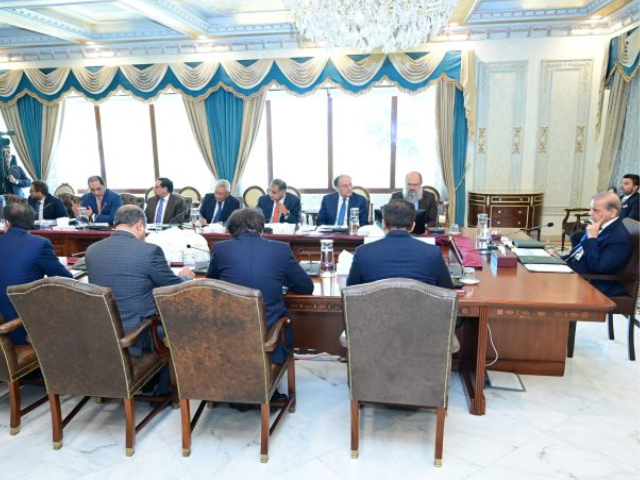On Friday, Prime Minister Shehbaz Sharif approved pricing reforms, capping customs duties at a maximum of 15% and launching the progressive elimination of additional and regulatory tasks over the next four to five years.
The decision was made at a high -level meeting on the national tariff policy, chaired by the Prime Minister, and is praised by the government as a key step towards growth led by export.
A declaration from the Prime Minister’s office said that reforms were to reduce inflation, attract international investments and generate new job opportunities.
“This decision is considered an important step towards economic improvement which will allow growth led by export. This decision should not only help control unemployment but also to keep inflation under control. In addition, it will also encourage international investment, will help create new job opportunities, ”said a press release from the Office.
Currently, additional customs duties vary from 2% to 7% and regulatory duties vary from 5% to 90%. The two will be gradually deleted. In some cases, customs duties exceed 100%, which has prompted the government to cap the limit of more than 15%.
The number of tariff slabs will also be reduced to four in order to simplify import procedures and facilitate compliance with companies.
“This is part of a broader economic reform program based on a large consultation with national and international experts,” said Shehbaz. “The objective is to make the Pakistani industry more competitive, to control inflation and to improve the ease of business.”
Managers believe that reforms will not only support national industries thanks to imports cheaper from raw materials and machines, but will also help reduce the current deficit and stimulate income collection by encouraging legal imports.
An implementation committee has been trained to supervise the gradual deployment of the new tariff regime.
The meeting was followed by federal ministers Jam Kamal Khan, Ahad Cheema, Muhammad Aurangzeb, Ali Perviz Malik and the special assistant of Prime Minister Haroon Akhtar, as well as senior officials of the relevant departments.




